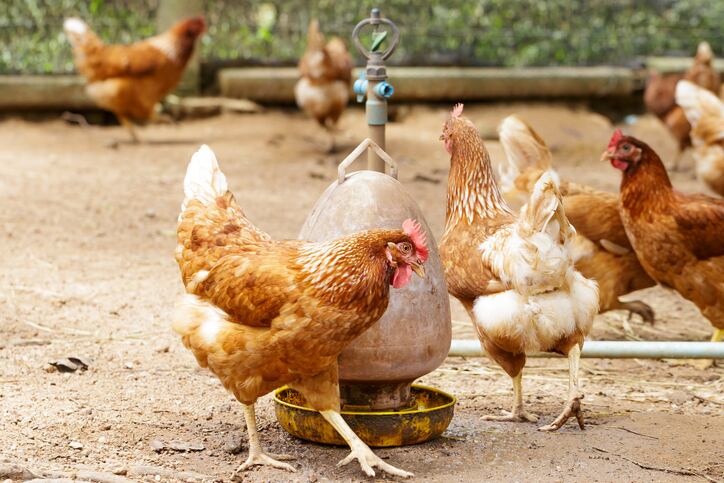According to Singapore food consultancy Global Food Partners, there is a strong possibility that cage-free eggs will become the standard egg variety in Asia by 2025.
Elissa Lane, its Chief Executive, said cage-free eggs are becoming more popular as food safety, animal welfare and sustainability gain a bigger influence on consumer choices. Even segments hit hardest by the pandemic, such as hospitality and foodservice, are planning to adopt cage-free eggs in greater numbers.
“The link between the coronavirus, wet markets and animal health has made consumers ask more questions about traceability,” she said.
Corporates such as Burger King, Nestlé and Marriott are among the big names to follow suit. In 2019, Tesco became the first retail giant to commit to selling entirely cage-free eggs in Southeast Asia by 2028, though its timeline is now starting to look sluggish.
HealthyFarm, a Vietnamese retailer, last month announced a policy to highlight animal welfare in its supply chain and committed to sell only cage-free eggs. It now claims to be the only retailer in the country, where the vast majority of egg-laying hens are confined in wire battery cages, to have completely steered away from the caged variety.
Also last month, Thai agri-foods giant Charoen Pokphand Foods became the first company in Thailand to be awarded national certification for its cage-free system. The company intends to convert its entire layer business to be more humane, and last year set out to double its production of cage-free eggs to 10m.
The company supported Thailand’s Department of Livestock Development in developing new standards on cage-free farming to raise quality and acceptance of these eggs locally. The department is now encouraging layer farmers in Thailand to adopt the new standard.
Indonesian egg producer Inti Prima Satwa Sejahtera has also embraced cage-free egg production through a number of different lines, including Clean Eggs, Healthy Eggs, Nature Eggs and Farmer Eggs.
Its owner, Titih Sugandi, said the company has chosen not to use cages as it prepares for an era where consumers want to know more about the origin of the food they eat and how it is processed.
The producer is the exception, rather than the rule, in Indonesia, where farmers are more wary about transitioning to cage-free eggs. Consumer awareness of animal welfare is still low there and fewer are willing to pay more for humanely produced eggs than, say, in Thailand.
Cage-free systems also bring higher costs for producers, in terms of higher feed consumption and more vaccination. Counterintuitively, it can also raise a number of animal welfare issues if hens are not managed well. Though performance can be equal to that of caged systems, there is a higher risk of losses through cracked and dirty eggs that are laid on the floor of hen houses.
But as demand grows, the returns are likely to outweigh the costs, said Lane, an advocate of the humane system.
“We see existing producers extending their operations to include cage-free systems, rather than going all-in, whereas some new producers have been entering the market with full cage-free systems, as they are aware there is a big demand,” she added.

